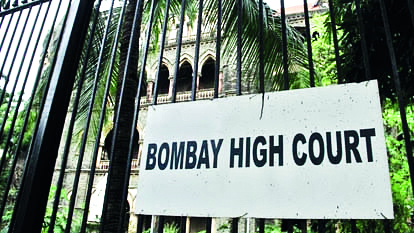Cleanliness can’t be achieved by engaging others in ‘slavery’: HC

Mumbai: The Bombay High Court ruled that in a welfare state, the pursuit of cleanliness should not undermine workers’ fundamental rights or dignity. The judgement, made available on Thursday, was given by a single bench of Justice Milind Jadhav in November 2023 and directed the Municipal Corporation of Greater Mumbai (MGCM) to grant permanent employee status and benefits to 580 workers.
The court was hearing a petition filed by MCGM challenging an order passed by the Industrial Tribunal directing it to create posts for 580 temporary workers. The High Court, while dismissing the MCGM’s petition, said quashing the tribunal’s order would be a “travesty of justice”.
The tribunal had directed the corporation to declare the 580 workers as permanent and extend all benefits to them.
The workers’ union, ‘Kachara Vahatuk Shramik Sangh’ had sought the civic body to make 580 of its members permanent staffers. The 580 workers carry out work of sweeping and cleaning public roads and collection and transportation of garbage.
The bench noted that the civic body has a mandate to keep the city clean and the residents of the city, who pay taxes, have a fundamental right to a clean environment.
“This fundamental right and the mandatory duty cannot be achieved by subjugating the fundamental rights of the workers to basic human dignity. In a welfare state, cleanliness for one class of citizens cannot be achieved by engaging in ‘slavery’ of the others,” the court said.
The court emphasized the pivotal role of 580 workers in the city’s functioning and criticized the civic body for exploiting their marginalized status. Despite their essential contributions, these workers lack job stability and basic benefits, such as medical and health insurance, despite some serving since 1996. The workers’ union highlighted the workers’ marginalized backgrounds and the absence of access to even bare minimum facilities. The court’s remarks underscored the need for fair treatment and recognition of their contributions by the civic authorities.
“While the permanent workers are accorded all the facilities and security of tenure, the working and living conditions of the 580 workers are pitiable. The way they have to live, the manner in which they are made to work is below human dignity,” the High Court said.
It added that many of these workers get injured on duty while handling garbage, develop illnesses and are left to fend for themselves, with almost no medical care. “They have to manually remove excrement, rotting animals, and ride on the trucks carrying garbage and rotting carcasses. One does not have to go through years of such sub-human existence to complain of exploitation,” the court said.



